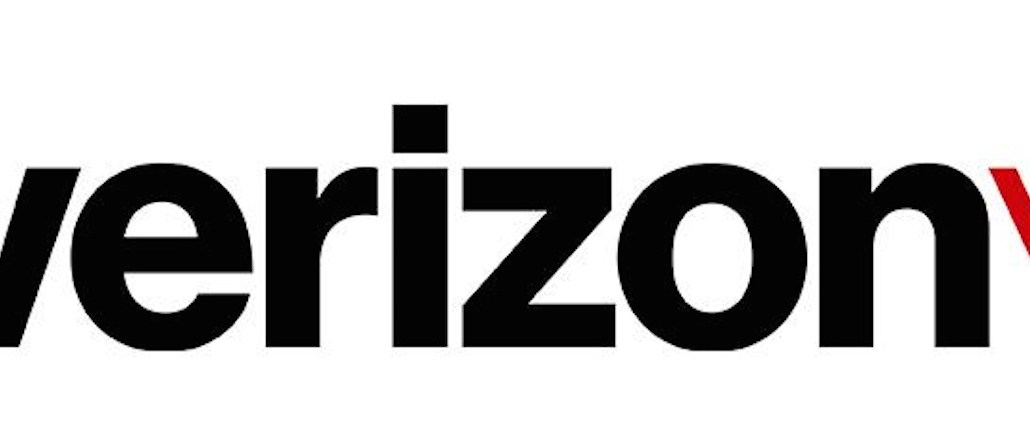
Fresh off announcing a slate of new data plans, Verizon thought it would be a good idea to promote it with a sponsored hashtag on Twitter.
The hashtag, #IGotVerizon, was meant to sway people to make the switch and encourage people to tweet positively about the brand, like this:
Paying less per GB on the new Verizon Plan? #IGotVerizon makes everyone feel like they’re @KingJames. https://t.co/BeEUAVyGwo
— Verizon (@verizon) July 7, 2016
Instead, it quickly went haywire. Hundreds of furious Twitter users hijacked the hashtag to complain about the company, slamming the new plans in a communal therapy session.
Here are some examples:
#igotverizon but it’s absolutely the most disproportionately high bill I pay. For limited data. Giant company should be able to do better.
— CJ Lake (@cjlake) July 7, 2016
#iGotVerizon but clearly #VerizonDontGotMe these new plans are
— Victor Mendez (@Victor_J_Mendez) July 7, 2016
#IGotVerizon More like they have you, taking you for every penny. pic.twitter.com/RyXuefwFxv
— Gotham_Knowledge (@GothamKnowledge) July 7, 2016
Not sure paying to promote #IGotVerizon a day after announcing plan cost increases resonates well with subscribers. #IGotJipped
— Eric Vaughn-Terre (@artattack212) July 7, 2016
#IGotVerizon and I wish I had @TMobile
— edward (@itsedward7) July 7, 2016
Competitors saw the opportunity and jumped in like the CEOs of Sprint and T-Mobile:
GREAT strategy @Verizon:
Step1: Raise prices
Step2: Tell them you aren’t raising prices
Step3: Tell them to be thankful— MarceloClaure (@marceloclaure) July 6, 2016
.@verizon creates pain points, then charges more to solve the pain points created. Where have I heard this business model before? #Sopranos
— John Legere (@JohnLegere) July 6, 2016
Verizon ranks toward the bottom when it comes to customer satisfaction, so letting people openly comment on the brand probably wasn’t its smartest idea. The company didn’t immediately reply for comment about the campaign.
More in Marketing

Beverage brands update Dry January marketing based on changing consumer habits
Today, people generally seek balance when pursuing their personalized wellness goals in a new year.

Future of Marketing Briefing: X claims an ad comeback, reality proves out a different thesis
The comeback story X wants told, and the ad business it actually has.

Mythbuster: What AI is not about to do in advertising
As the hype around AI thins into something closer to reality, the ad industry is quietly drawing a line around what LLMs can do — and what they will not be trusted to touch.





